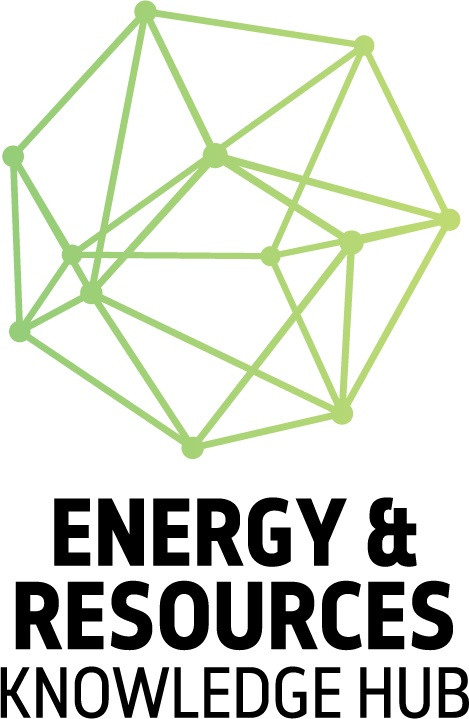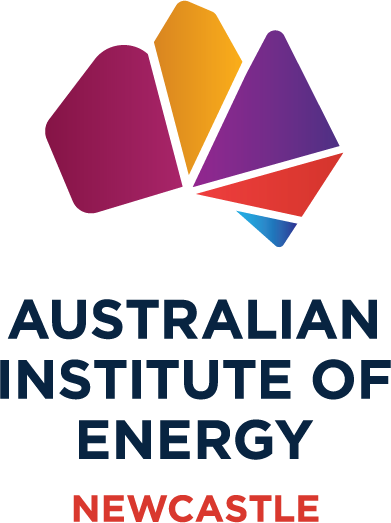University of Newcastle to offer online Masters Degree of Clean Energy
The University of Newcastle has partnered with TRaCE to offer flexible postgraduate programs tailored for the clean energy sector.

The University of Newcastle, in partnership with the Trailblazer for Recycling and Clean Energy (TRaCE), has announced a new suite of online programs aimed at equipping professionals with the skills and knowledge needed for the clean energy industry.
The Master of Clean Energy, set to begin in 2026, will provide an advanced education in renewable technologies, energy management, and policy, with options to start earlier through shorter pathway programs.
The online format makes these programs accessible to working professionals and those balancing other commitments. The clean energy sector is expected to see a 58.5% increase in employment by 2050, according to the Clean Energy Generation report by Jobs and Skills Australia (2023).
Prospective students can begin with the Graduate Certificate (six months full-time) or Graduate Diploma (one year full-time) before progressing to the two-year Master of Clean Energy. These programs aim to develop technical, analytical, and policy-related skills essential for advancing sustainable energy practices.
The course will cover key renewable energy sources like solar, wind, hydro, and bioenergy, as well as emerging topics such as battery storage, smart grids, and energy systems optimisation. Students will also learn to navigate environmental regulations, assess the economic viability of projects, and lead interdisciplinary teams.
“This program offers an interdisciplinary education in clean energy technologies, management, and policy,” a UON spokesperson said. “Graduates will gain the skills needed to drive the transition to cleaner energy systems.”
Career prospects for graduates span various industries, including renewable energy companies, consulting firms, government agencies, utilities, and research institutions. Roles such as energy auditor, solar systems engineer, project manager, and carbon capture specialist are among the many opportunities available.
Dr. Peter Richardson from the University of Newcastle commented, “This degree not only provides theoretical knowledge but also focuses on practical applications, making it highly relevant to the evolving energy sector.”
Download the flyer here.
Watch the webinar here.
Program Pathways
- Graduate Certificate in Clean Energy (0.5 years full-time): Offers foundational knowledge in clean energy technologies and sustainable resource management.
- Graduate Diploma in Clean Energy (1 year full-time): Expands on the certificate with advanced insights into energy systems and project leadership.
- Master of Clean Energy (2 years full-time, starting 2026): Delivers comprehensive expertise across renewable energy technologies, policies, and management.












